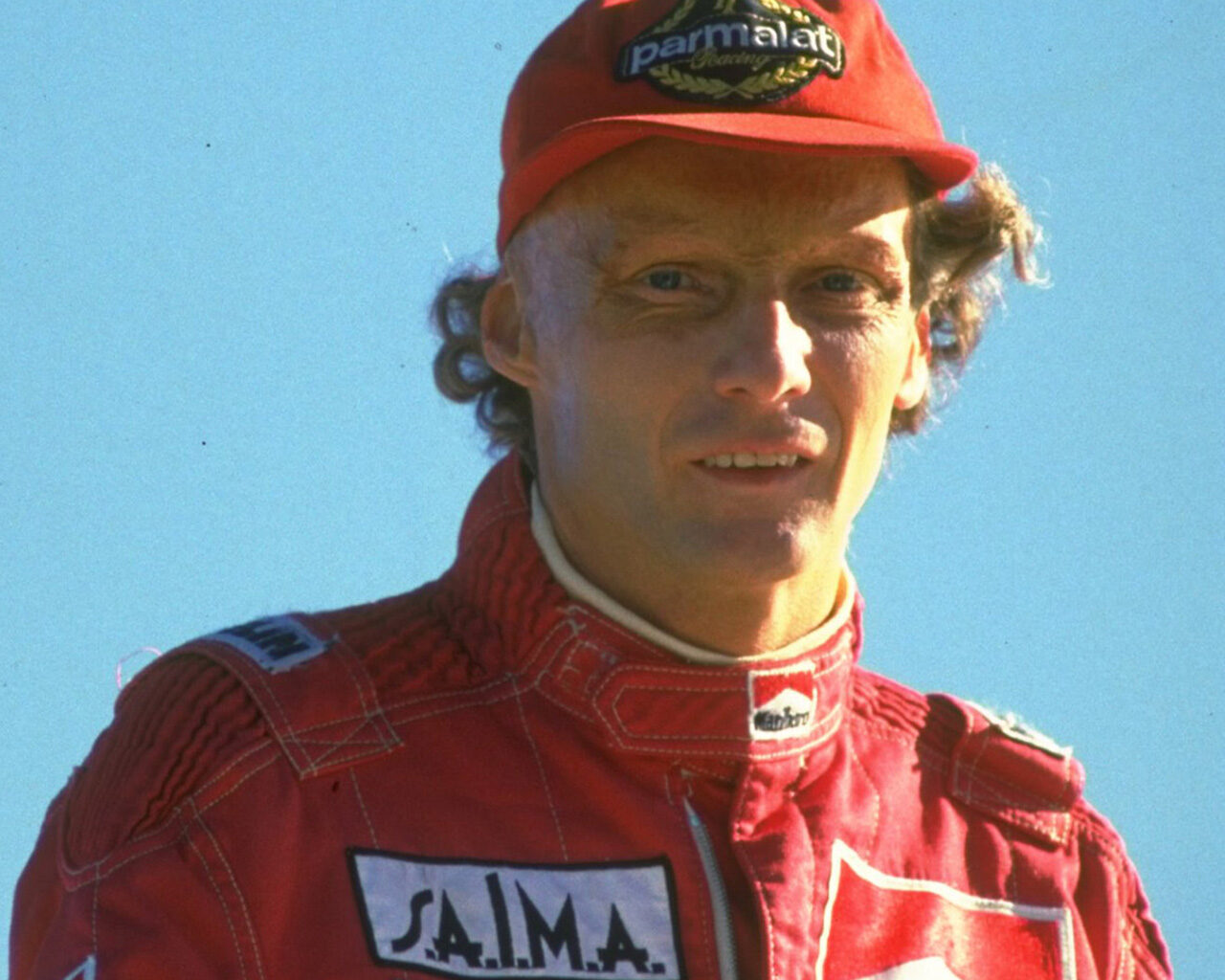The downside of his return, from Niki’s point of view, was a requirement to attend a post-practice press conference – an unfamiliar exercise in F1 at the time, but common in North America where the sports media expected immediate and lengthy access to the leading player at the end of each day. Even worse, the interview room was in the Long Beach Convention Centre, which was a fair stretch from the pits.
Niki walked in briskly, stepped onto the podium, adjusted the microphone and said: “Tyres good. Engine good. Car good. Goodbye”. Then he nodded and walked off. His obligation may have been fulfilled, but loquacious members of the local media were outraged. Their European counterparts could only smile and quietly shake their heads. Niki hadn’t changed in the least.
Niki enjoyed a good working relationship with regular members of the F1 media, particularly the handful from his home country. They had access to a private answer service, Niki unfailingly responding to any message. His favourite meeting arrangement was early morning in the coffee shop of a five-star hotel in Vienna. He had a permanently reserved table, hidden behind a screen. Niki’s modest breakfast never varied: an egg in a glass, white bread with butter and jam, and a cappuccino. But the deal was, the guest had to pay the bill in return for quotes or information.
It was typical of Niki’s caution with money, a frugal trait well-known among his friends.
“Saying he was careful with his money is being too polite! It became a big joke, we had a lot of laughs about it,” recalls Karl-Heinz Zimmermann, a fellow Austrian, who ran the Mercedes-Benz catering unit at the time when the German company supplied engines to F1 teams. It was ‘neutral’ territory for Niki in the early 2000s, when he worked at the races for RTL television.

